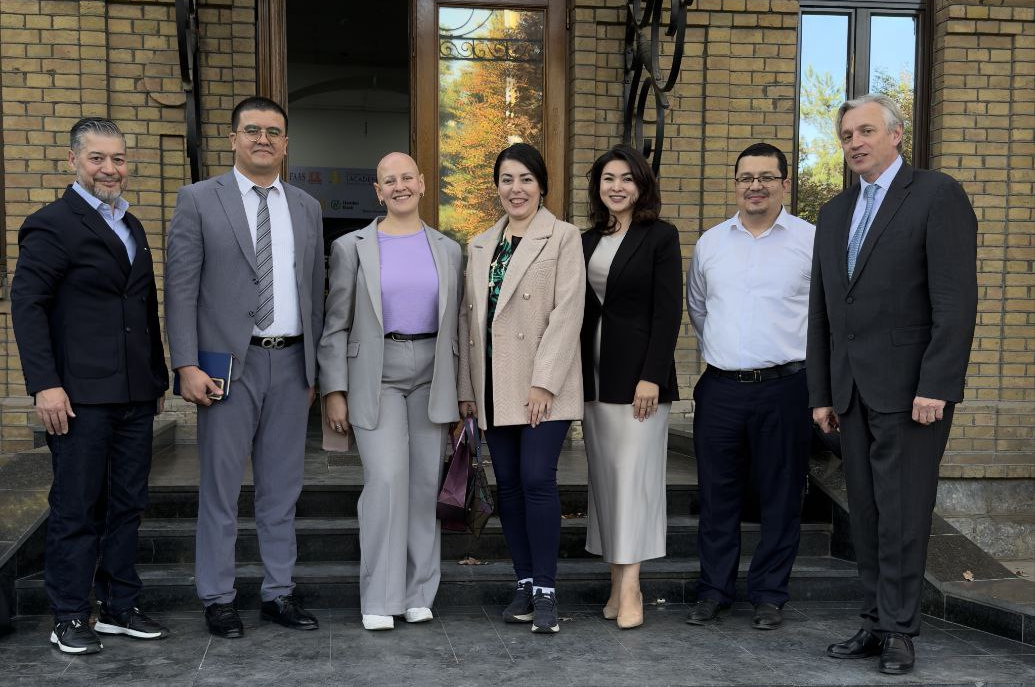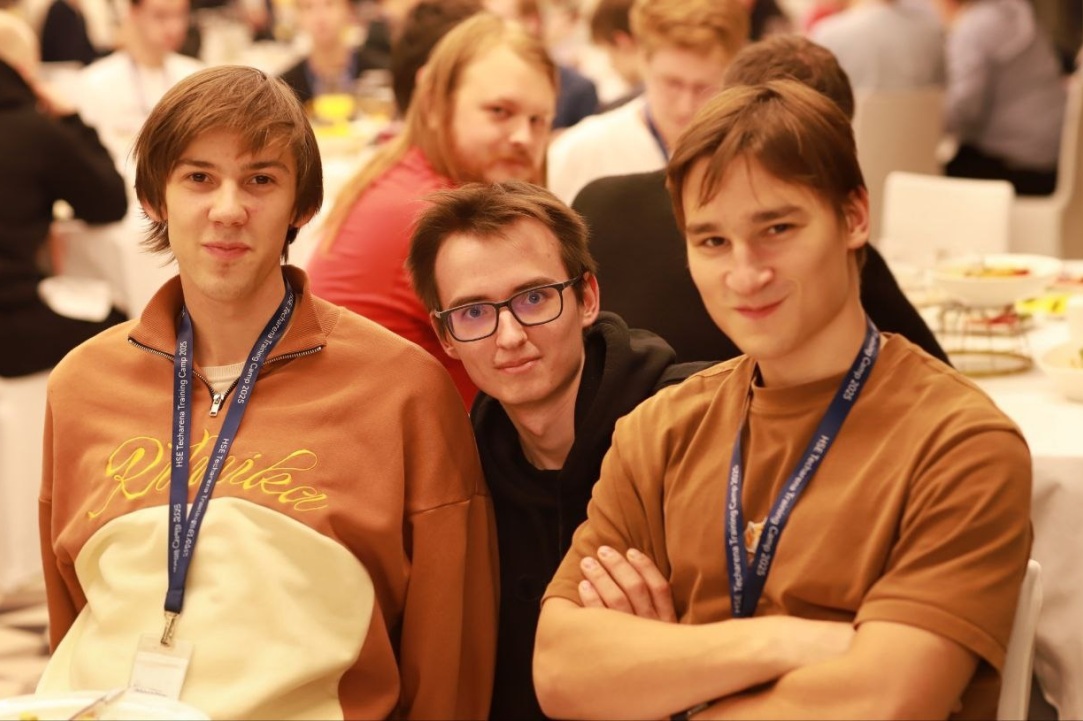
'We View Mathematics as a Universal Language for Natural Sciences, Economics, and Computer Science'
The Laboratory for Geometric Algebra and Applications at the HSE Faculty of Economic Sciences is developing a universal language for mathematics, physics, and other exact and natural sciences. It is creating computational methods that are applied in geometry, physics, machine learning, engineering, computer science, and other fields. The laboratory’s staff, including doctoral students, have published numerous articles in leading scientific journals and have taken part in major international conferences. Dmitry Shirokov, Head of the Laboratory, spoke with the HSE News Service about their work.

HSE University and Banking and Finance Academy of Uzbekistan Sign Memorandum on Scientific Cooperation
The partnership aims to foster academic collaboration in the fields of global economics, sustainable development, and Islamic finance. Strengthening academic ties with Uzbekistan represents a promising direction for scientific exchanges and the implementation of international projects in sustainable development.

Techarena Training Camp in Sports Programming Held at HSE University
The HSE University Faculty of Computer Science has hosted the third Techarena Challenge competition and the HSE Techarena Training Camp. More than 130 teams from Russian and international universities took part, competing to solve an optimisation problem. The on-site round, which was scored individually, lasted four hours.

HSE Psycholinguists Launch Digital Tool to Spot Dyslexia in Children
Specialists from HSE University's Centre for Language and Brain have introduced LexiMetr, a new digital tool for diagnosing dyslexia in primary school students. This is the first standardised application in Russia that enables fast and reliable assessment of children’s reading skills to identify dyslexia or the risk of developing it. The application is available on the RuStore platform and runs on Android tablets.

Maths Club, Russian Phonetics, and the Most Delicious Milk: Prep Year Kicks Off
In October 2025, more than 200 international students began their studies on HSE University’s International Preparatory Year. After a month of rigorous in-class learning, they gathered for a more informal event—the Russian Speaking Club—where they met classmates from other groups. The HSE University News Service spoke with students, teachers, and administrators about the programme’s progress and expansion.

HSE Master’s Student Becomes Seven-Time Russian Motor Racing Champion
In October, Mikhail Simonov reaffirmed his title as the Russian ring racing champion in the premier TCR Russia class, becoming the youngest champion in the history of this category. The racing champion is a second-year student in the Master’s Programme in International Sports Management, Marketing, and Law at HSE University. In an interview with the HSE News Service, he shared his perspective on how to succeed both in professional sports and in academics.

HSE University Holds HSE CS × BRICS Ideathon
On November 9, 2025, the HSE CS × BRICS Ideathon—a large-scale intensive event for students aimed at developing international project skills and finding solutions to current challenges facing BRICS countries—took place at HSE University’s Pokrovsky Bulvar campus. The event was organised by the Multilateral Strategic Projects Office with the support of the BRICS Expert Council–Russia , the Faculty of Computer Science (FCS), and the HSE FCS Hackathon Club

HSE University to Join Physical AI Garage Project by Yandex
Yandex is collaborating with leading Russian universities to launch a new educational programme called Physical AI Garage. This initiative unites five universities—HSE University, ITMO, MIPT, MAI, and MEPhI—to train future professionals in physical artificial intelligence by tackling real-world industrial challenges. The programme is free, and participants will receive scholarships.

HSE Scientists Optimise Training of Generative Flow Networks
Researchers at the HSE Faculty of Computer Science have optimised the training method for generative flow neural networks to handle unstructured tasks, which could make the search for new drugs more efficient. The results of their work were presented at ICLR 2025, one of the world’s leading conferences on machine learning. The paper is available at Arxiv.org.

Under a Blooming Magnolia: How Russian and Chinese Scientists Create Solar Cells of the Future
Schola continues to introduce the winners of the International Academic Cooperation competition. In today's issue, Professor Andrey Vasenko, Deputy Head of the Scientific and Educational Laboratory of Quantum Nanoelectronics at Tikhonov Moscow Institute of Electronics and Mathematics (MIEM), speaks about the joint project between his laboratory and the Peking University research team— ‘Engineering of highly efficient and stable perovskite solar cells.’

